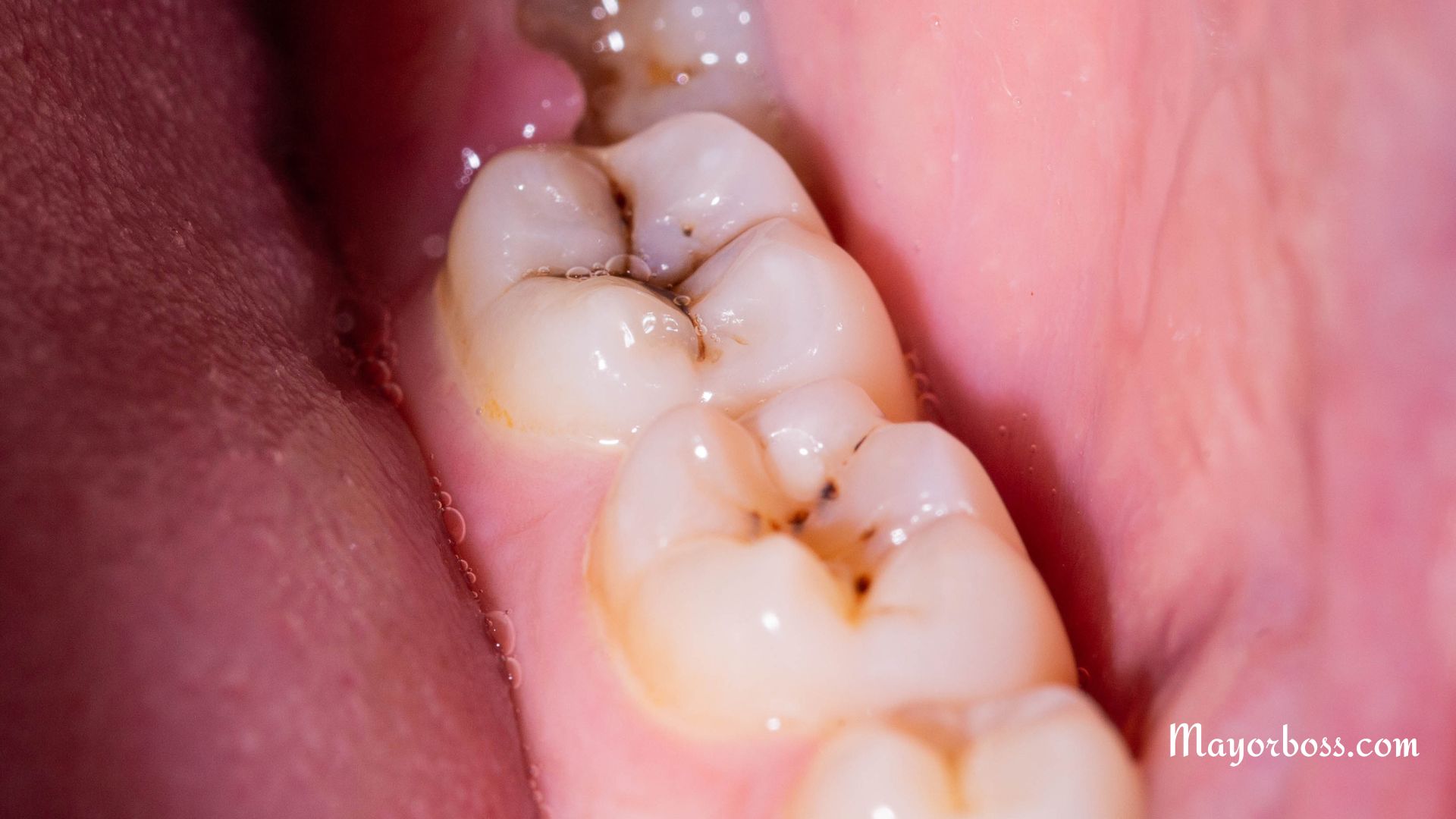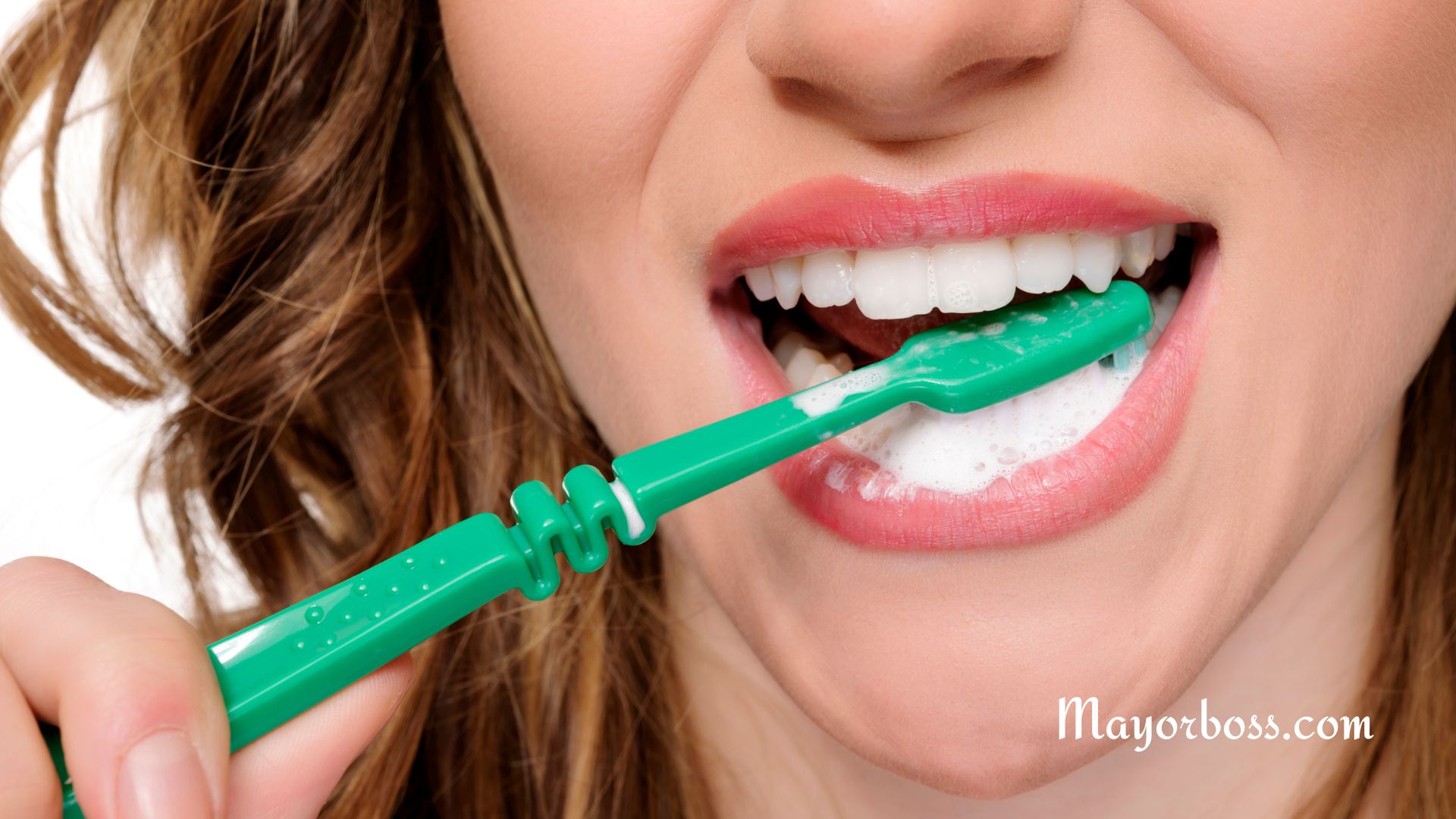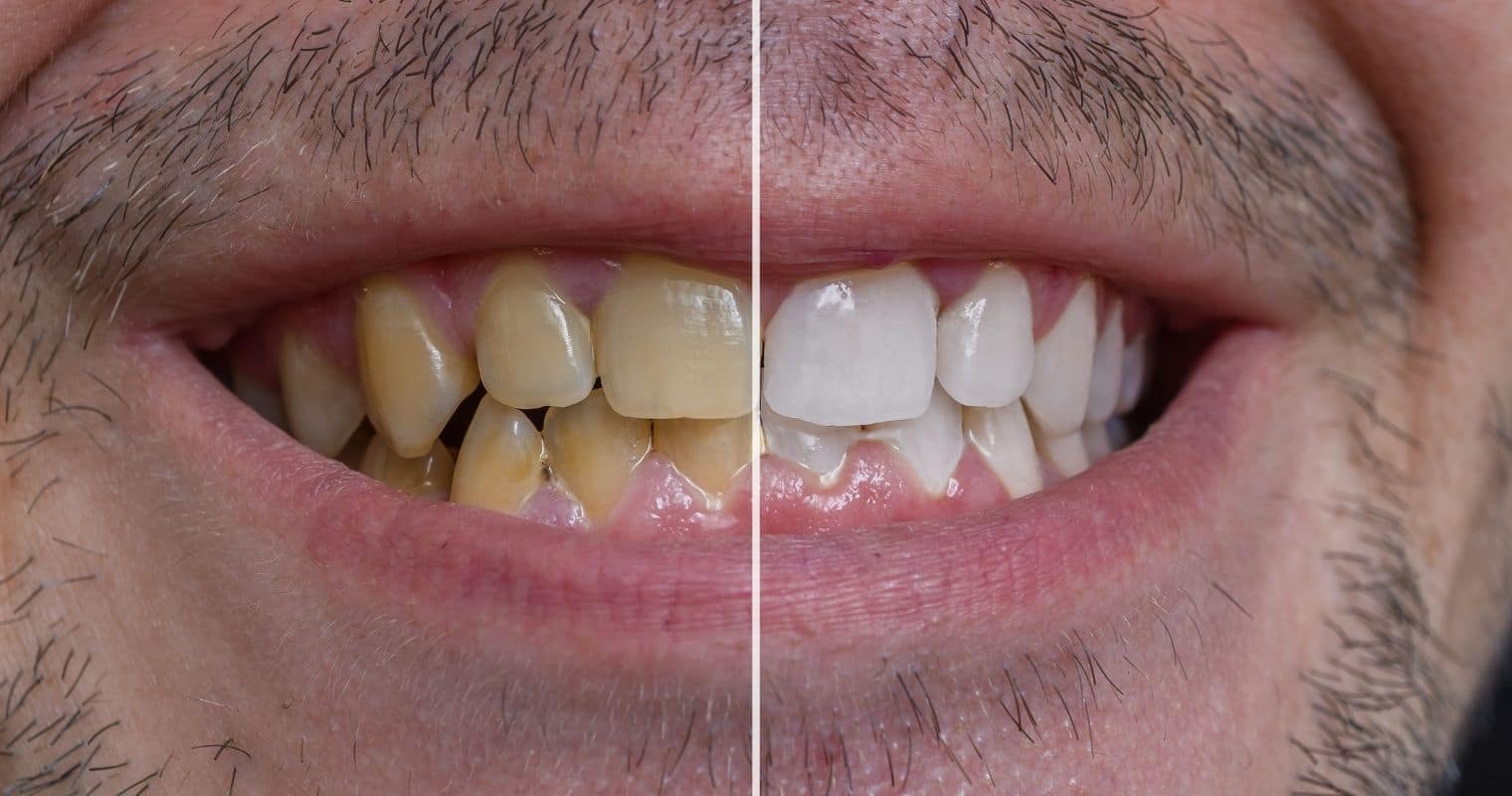Rinse Your Mouth with This to Stop Cavities from Growing
Have you ever wondered why your grandparents always seemed to have a simple, natural remedy for every ailment, from a sore throat to a toothache? Well, it turns out they were onto something, especially when it came to oral health. One of their go-to solutions? Saltwater rinses. Yes, you read that right. The humble combination of salt and water might just be your new best friend in the fight against cavities.

The Science Behind Saltwater Rinses
Now, you might be thinking, “Saltwater? Really? How can something so simple be effective?” It’s a valid question, and the answer lies in the science of saltwater’s natural properties. When you mix salt with water, it creates a solution that has antiseptic and healing properties. This can be especially beneficial for your oral health.
How Saltwater Works Against Cavities
- Antibacterial Properties: Saltwater helps to kill bacteria in your mouth. The bacteria in dental plaque is the main culprit behind cavities. By reducing bacterial growth, saltwater rinses can help prevent the progression of cavities.
- Balances Oral pH: The pH level in your mouth plays a crucial role in cavity formation. Acidic environments encourage cavity growth. Saltwater naturally neutralizes acids, creating a more balanced and less harmful oral environment.
- Healing Effects: If you have a sore or inflamed gum area around a cavity, salt water can help accelerate healing and reduce discomfort.
How to Use Saltwater for Cavities
It’s incredibly simple to make a saltwater rinse. Just dissolve half a teaspoon of salt in a cup of warm water. Use this rinse as part of your daily oral hygiene routine. Swish the solution around your mouth for about 30 seconds, then spit it out. Do not swallow the saltwater.
Best Practices for Saltwater Rinses
- Consistency is Key: For the best results, make saltwater rinses a regular part of your oral care, especially after meals.
- Don’t Overdo It: While saltwater is beneficial, overuse can potentially damage the enamel due to its abrasive nature. Once or twice a day is sufficient.
Other Benefits of Saltwater Rinses
- Helps with Sore Throat: The anti-inflammatory properties of salt water can soothe a sore throat.
- Prevents Bad Breath: By reducing bacteria, saltwater rinses can also combat halitosis (bad breath).
- Gum Health: Regular rinsing can help keep your gums healthy and prevent diseases like gingivitis.
Alternatives to Saltwater
If you’re looking for a natural alternative, there are other options, though they might not be as effective as fluoride.
- Oil Pulling: This ancient practice involves swishing oil, like coconut oil, in your mouth for a prolonged period. It’s believed to pull out toxins and reduce bacteria that can lead to cavities.
- Herbal Mouthwashes: Some herbal ingredients like neem, clove, and tea tree oil have antibacterial properties and can be used as a natural mouth rinse.
When to See a Dentist
While saltwater rinses are effective in preventing the growth of cavities and maintaining oral hygiene, they are not a cure-all. If you’re experiencing persistent tooth pain or suspect a serious cavity, it’s crucial to consult a dentist. Professional treatment is essential for severe dental issues.
Key Takeaways
Saltwater rinses are an easy, inexpensive, and effective way to boost your oral health and prevent the progression of cavities. It harnesses the antibacterial and pH-balancing properties of salt to fight bacteria and maintain a healthy mouth environment. Remember, though, it’s an adjunct to regular dental care, not a replacement. So, next time you finish brushing your teeth, consider reaching for that salt shaker – your teeth might just thank you for it.






